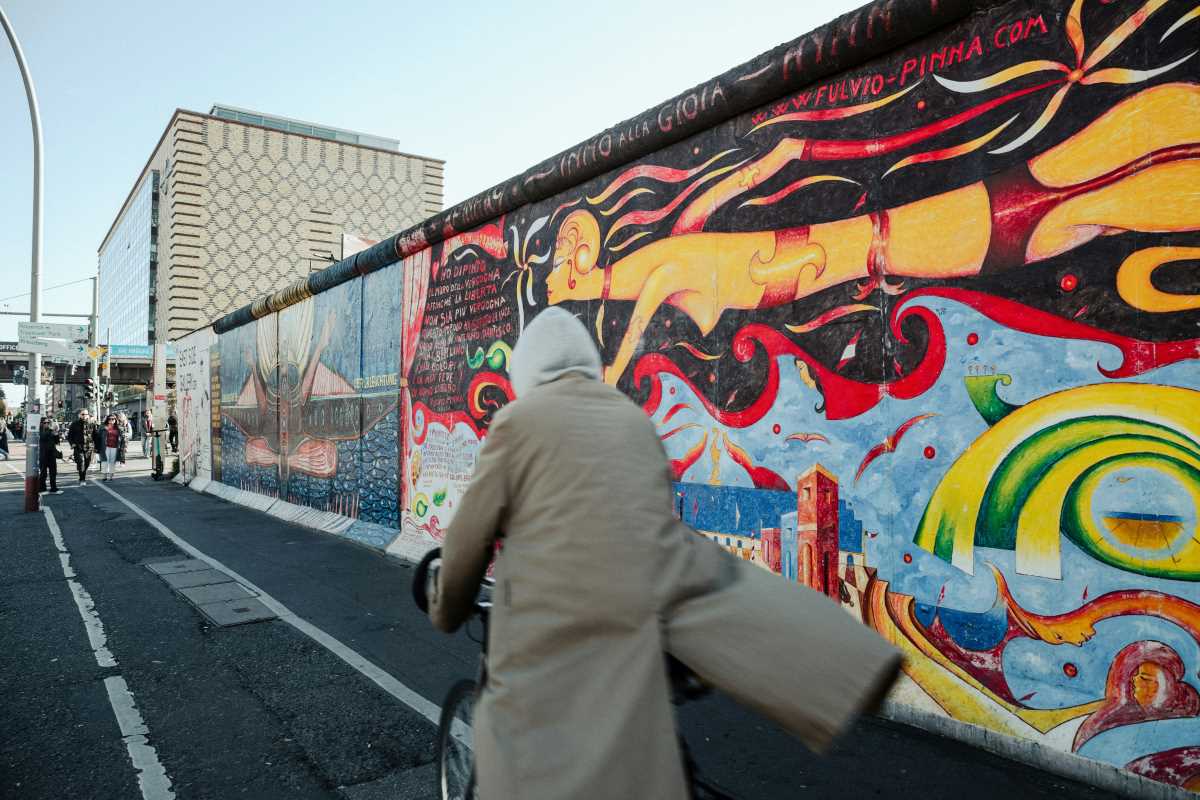Politics might not be the most enjoyable topic to talk about. For many, it feels like a mix of endless arguments, big words, and problems that feel far removed from their daily lives. It's easy to check out and think, “That’s someone else’s thing.” But the truth is that politics touches every part of your life—your school, your job, the cost of groceries, even your favorite streaming service. And in a world that’s constantly changing, talking about politics has never been more important. These conversations help us understand each other, make better choices, and shape the future in ways that work for more people. If you've been avoiding political talk, now might be the perfect time to join in.
Politics Isn’t Just for Politicians
When most people think about politics, they picture government buildings, fancy speeches, or news debates that seem more like shouting matches. But politics is more than laws and elections. It’s about people. It’s about deciding how we live together in communities, what we prioritize, and how to handle challenges. Whether it’s education, healthcare, climate change, or even the roads you drive on, politics impacts almost everything.
By joining political discussions, you’re contributing to how these systems work. For instance, if you talk about a lack of resources at your kid’s school, that conversation could inspire others to push for better funding. Every voice counts, and the more people involved, the better chance we have at solutions that consider everyone, not just a small group.
Turning Opinions Into Action
Here’s the thing about democracy (a system where people vote to make decisions): it only works if people participate. That doesn’t just mean voting. It means staying informed and sharing your thoughts. If people don’t speak up, decisions end up being driven by fewer and fewer voices, often the loudest or most organized ones. That can lead to policies or outcomes that don’t represent what the majority actually wants or needs.
Think about it. If most people stay quiet about rising rent costs, will those in charge feel pressure to make housing more affordable? Probably not. Now, add your voice (and others) to the mix. Suddenly, there’s a movement folks in power can’t ignore. While big change might feel overwhelming, it usually starts with regular people sharing their concerns and ideas.
Understanding Each Other Matters
One of the biggest perks of discussing politics is that it helps us understand different perspectives. We don’t all share the same experiences or views, which means people approach issues differently. And that’s okay! Talking politics doesn’t have to mean picking sides or arguing. It’s more about listening and learning. Why does someone support a policy you don’t agree with? What’s their story?
For example, someone might support stricter environmental rules because their town has faced water pollution. Another person might worry that these same rules could hurt local businesses. Both perspectives are valid, but nothing changes if no one talks about it. When we listen to each other, we discover the full picture. It becomes less about winning an argument and more about finding solutions that work for more folks.
Why Now? The World Is Changing Fast
Right now, political engagement is more critical than ever because things are shifting quickly. Technology is advancing at lightning speed, the climate is changing, and global challenges like pandemics affect everyone in ways we didn’t imagine a few decades ago. Decisions made today could have big consequences on jobs, safety, and the planet for years to come.
Take social media as an example. Platforms like Instagram, TikTok, and Twitter have transformed how we communicate, shop, and even vote. But they’ve also brought challenges, like misinformation or privacy concerns. These are political issues, and they’ll shape how we use technology moving forward.
If we’re not actively talking about these topics, decisions might be made without enough input. And when it comes to shaping the future, wouldn't you rather have a say?
Tips for Starting Political Conversations
If the idea of talking politics feels uncomfortable, you’re not alone. It’s a topic that people often avoid to “keep the peace.” But political discussions don’t have to be heated debates or fights. Here are some tips to ease into these conversations:
- Start Small: You don’t have to tackle the biggest, most controversial topic right away. Start with something you care about, like school programs, student loans, or wages. These tend to hit closer to home and spark genuine interest.
- Stay Curious: Ask questions instead of making bold statements. Something like, “What do you think about X?” can open the door to a thoughtful chat. Even if you disagree, showing curiosity helps keep things respectful.
- Avoid Personal Attacks: It’s okay to critique ideas, but there’s no need to criticize the person. If things get tense, you can always say something like, “I see where you’re coming from, but I don’t fully agree. Can we talk more about it?”
- Stay Open-Minded: You might be surprised how much you learn when you’re willing to hear another side. People’s views are often shaped by unique experiences, and understanding those experiences adds depth to the conversation.
- Know When to Pause: Some conversations are worth stepping away from if they become too emotional or unproductive. It’s fine to revisit the topic later when everyone’s calmer.
Politics often feels big and complicated, but it really comes down to everyday people sharing their voices. Small, meaningful conversations can inspire others, challenge old ideas, and push for change on issues that actually matter to you. You don’t have to be an expert or know every detail to get involved. You just have to care enough to begin.
And sure, it might be awkward at first. But as more people step up and talk about what’s important, we help build a society that’s not just run by a select few, but shaped by all of us. It’s not about winning or losing. It’s about creating a future that works for everyone, one conversation at a time.
No matter where you’re starting from, your voice is valuable. After all, the more we talk, the more we understand, and the stronger our communities become.
 (Image via
(Image via





